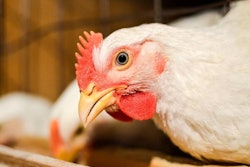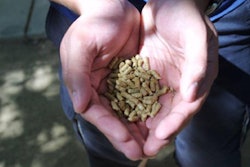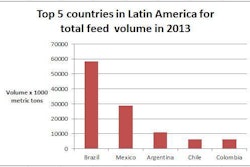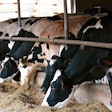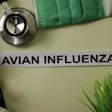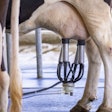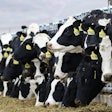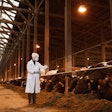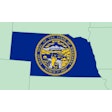Wilbur-Ellis Feed, a marketer and distributor of value-added feed ingredients for the aquaculture, livestock and pet food industries in North America and Asia-Pacific, has implemented an Avian Influenza biosecurity program at its facility in Gaffney, SC, in an effort to prevent the spread of the contagious viral disease.
“We knew it was important to implement a program for our employees because Avian Influenza is more prevalent in the area as birds flock south to the Carolinas,” says Tomas Belloso, regulatory compliance manager for Wilbur-Ellis. “These newly implemented biosecurity measures will help us reduce the risk of propagating Avian Flu.”
According to the USDA, the Influenza A virus subtype H5N8 is a fast-spreading viral disease originating in Asia and spread rapidly along wild bird migratory pathways during 2014 to both birds and humans. The new H5N1 virus is not expected to be a human health risk, but rather to have the same or a lower risk than H5N8.
As part of the biosecurity program, Wilbur-Ellis put in place procedures for visitors and drivers. These include requiring drivers to disinfect their truck tires as they come through the facility.
“Prevention is key in preventing Avian Influenza and that’s why precautions like those Wilbur-Ellis are taking should be replicated around the industry,” says Belloso.
The precautions taken by Wilbur-Ellis are part of its continued commitment to quality and safety for its employees and the environment. Additional preventative measures everyone can take include:
- Keeping wild birds and contaminated animals away from your home or farm
- Staying informed about the health of neighboring animals
- Thoroughly disinfecting any materials entering and leaving the farm such as tires, equipment, and clothing
To learn more about the Avian Influenza, please click here.


